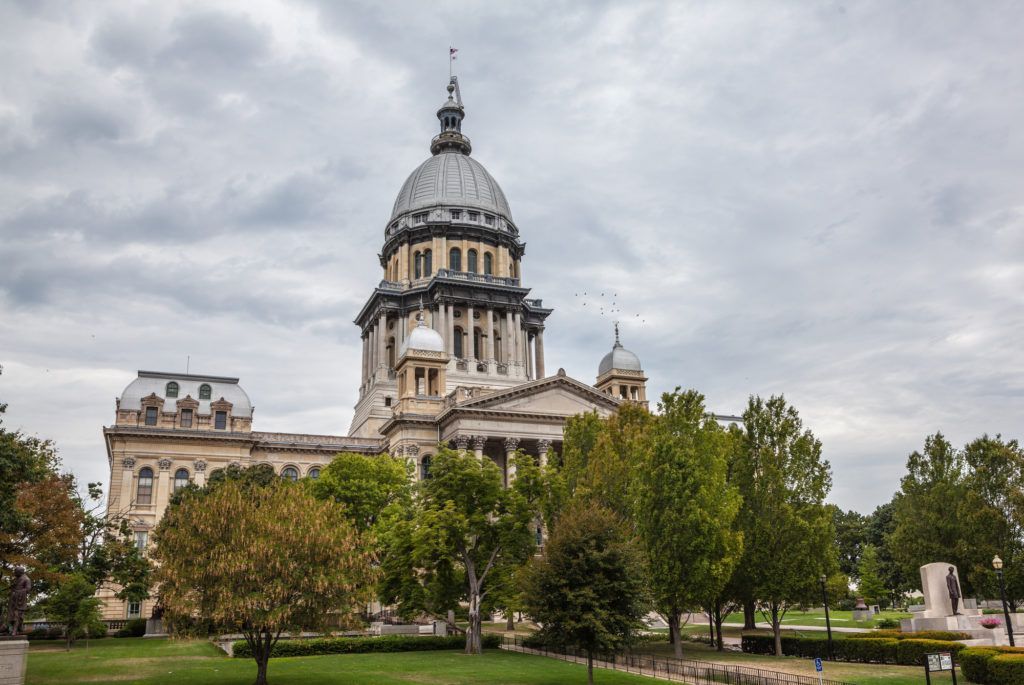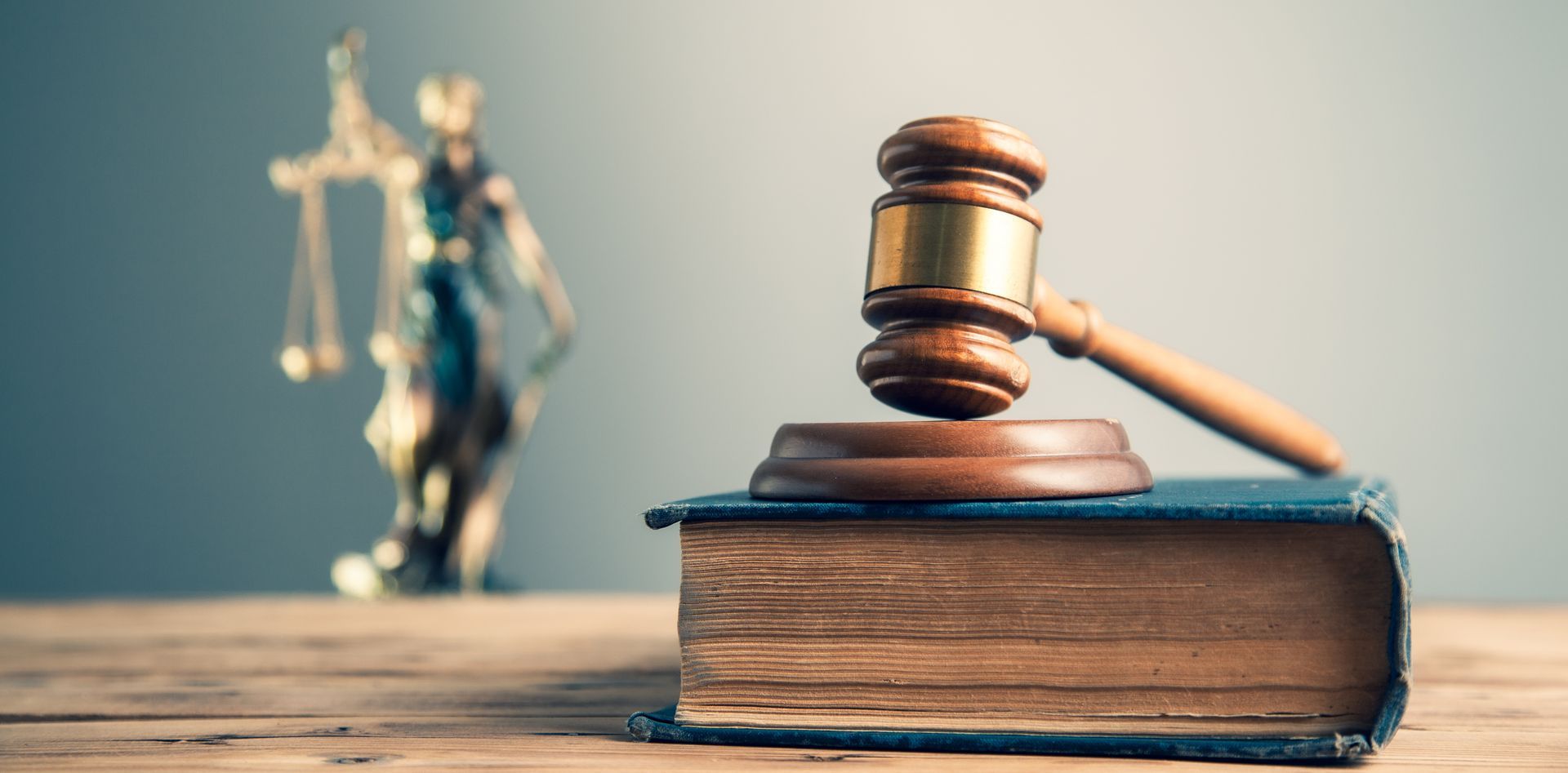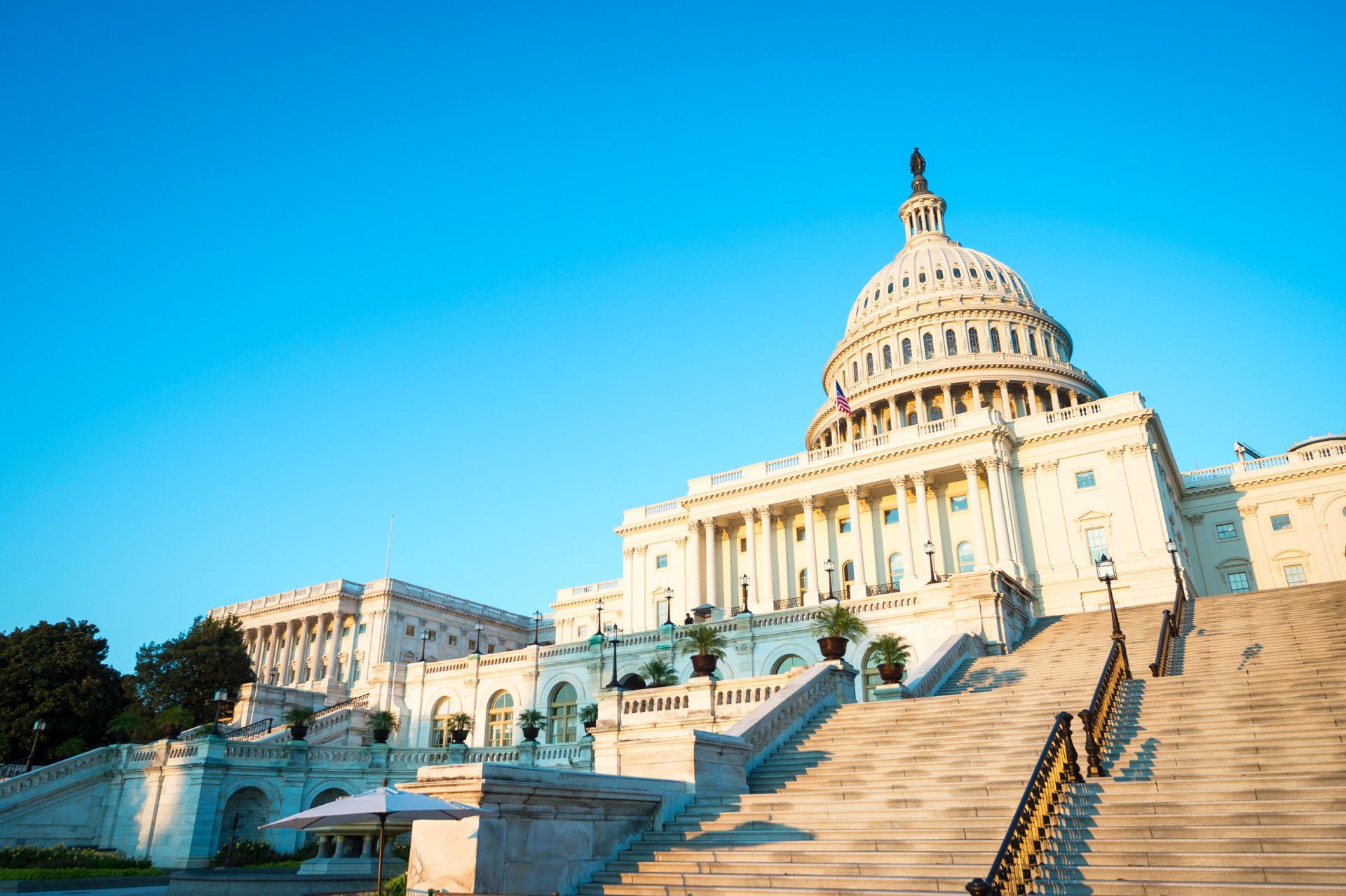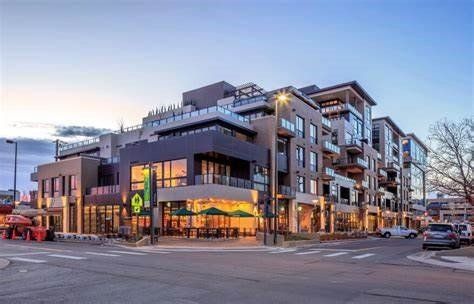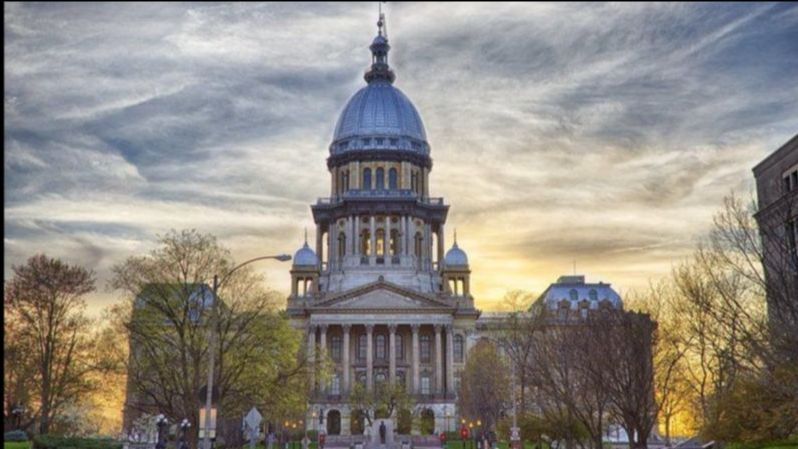
SAL Rapid Response: Housing and TOD
Bills to Watch in the 116th U.S. Congress and the 101st Illinois General Assembly
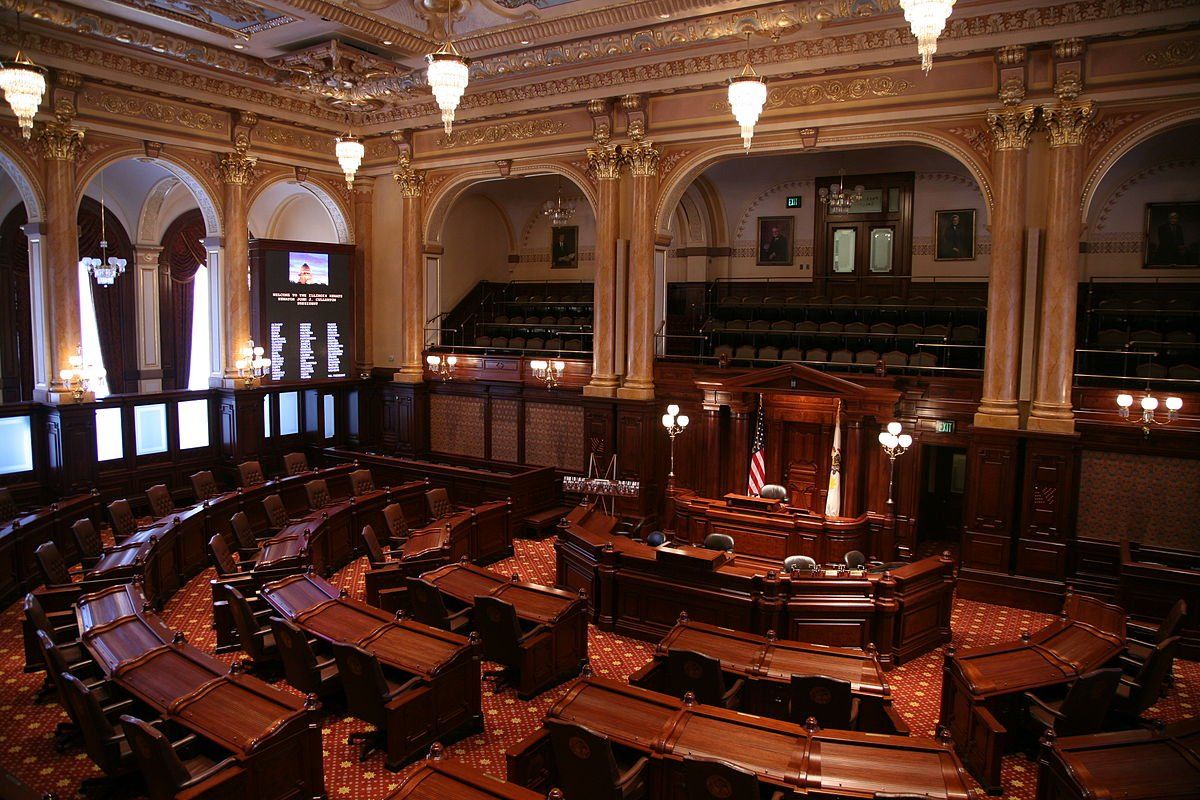
Due to the coronavirus pandemic, Illinois General Assembly is still in a current suspension of its legislative session until at least March 24, and, in the next few days, it may extend the suspension. While much of government attention around the country is focused on responding to the evolving realities of the coronavirus, many bills on other longstanding issues are still pending in Illinois and in the U.S. Congress.
One such issue is the nation’s crisis of housing supply and costs. Lawmakers at every level of government are responding to constituent demands to take policy action. Below are a few such bills along with SAL’s Rapid Responses .
ILLINOIS
HB 4869 : Local – Accessory Dwelling Units
Summary: Creates the Local Accessory Dwelling Unit Act. Defines terms. Provides that a unit of local government may not prohibit the building or usage of accessory dwelling units in the unit of local government. Provides that a unit of local government may provide reasonable regulations relating to the size and location of accessory dwelling units similar to other accessory structures unless a regulation would have the effect of prohibiting accessory dwelling units. Limits home rule powers.
SAL’s Rapid Response : States and municipalities are beginning to examine re-legalizing accessory dwelling units (“ADUs”) as one means to alleviate the nationwide housing crisis. ADUs are a lower-cost, secondary housing unit (attached or detached) on the same property as a traditional single-family home or multi-flat building. ADUs include coach houses, attic units, granny flats, etc. Within the last two years Oregon, California and Washington have loosened local restrictions on ADUs. Chicago is currently crafting its own ordinance to re-legalize ADUs, while Evanston and Oak Park enacted similar ordinances in this past January and in 2017, respectively.
Chicago Cityscape has a great article with more information and resources on the topic.
FEDERAL
H.R. 4351 and S. 1919 : Yes In My Back Yard (YIMBY) Act
Summary : This bill requires certain Community Development Block Grant program recipients to submit to the Department of Housing and Urban Development information regarding their implementation of certain land-use policies (e.g., policies for reducing minimum lot size, creating transit-oriented development zones, streamlining permitting, allowing ADUs). The purpose of this Act is to discourage the use of discriminatory land use policies and remove barriers to making housing more affordable in order to further the original intent of the Community Development Block Grant program.
SAL’s Rapid Response : The proposed bill attempts to incentivize communities to enact pro-housing policies in effort to address the national housing crisis. The bill ties local government eligibility for federal Community Block Grant (“CDBG”) funds to the local governments identifying obstacles to and opportunities for increasing housing construction through zoning and permitting reforms. Notably, both companion bills have been introduced with bi-partisan support (including Representative Mike Quigley (D-Ill) and have garnered external support from organizations including the American Planning Association and Habitat for Humanity International.
Revitalizing Economies, Housing, and Businesses (REHAB) Act of 2020 - ( bill number not yet assigned)
Summary : Creates a rehabilitation tax credit of 15 percent to 25 percent for buildings that are more than 50 years old and are within a half-mile of a public transportation center. The REHAB Credit created under the bill is intended to work alongside the federal historic tax credit. The REHAB Act would reinstate the expired 10 percent credit for non-certified historic buildings as a 15 percent credit for properties placed in service at least 50 years earlier–a credit that could also be used for building expansion on the same block as a qualifying building. The legislation includes a 25 percent credit for rent-restricted housing that meets the other requirements and a 25 percent credit for expenses related to public infrastructure projects required by state or local government.
SAL’s Rapid Response : The REHAB credits can be used for residential properties. “Rent-restricted” is defined LIHTC under 26 U.S.C. Sec. 42(g)(2) and includes a 10-year recapture period to ensure that properties remain affordable. The transit-oriented development (“TOD”) benefits of this bill include requiring qualifying structures to be within a half-mile of fixed guideway transportation stations, commuter rail stations, intercity passenger rail stations, or a planned and funded Capital Investment Grant project. The bill has been introduced with bipartisan support including Representative Darin LaHood, R-Ill.

CONTACT US TODAY
Contact Us
We will get back to you as soon as possible.
Please try again later.
LOCATION
570 Lake Cook Road, Unit 119
Deerfield, IL 60015
Shapiro & Associates Law | All Rights Reserved |
Created by Olive + Ash.
Managed by Olive Street Design.

